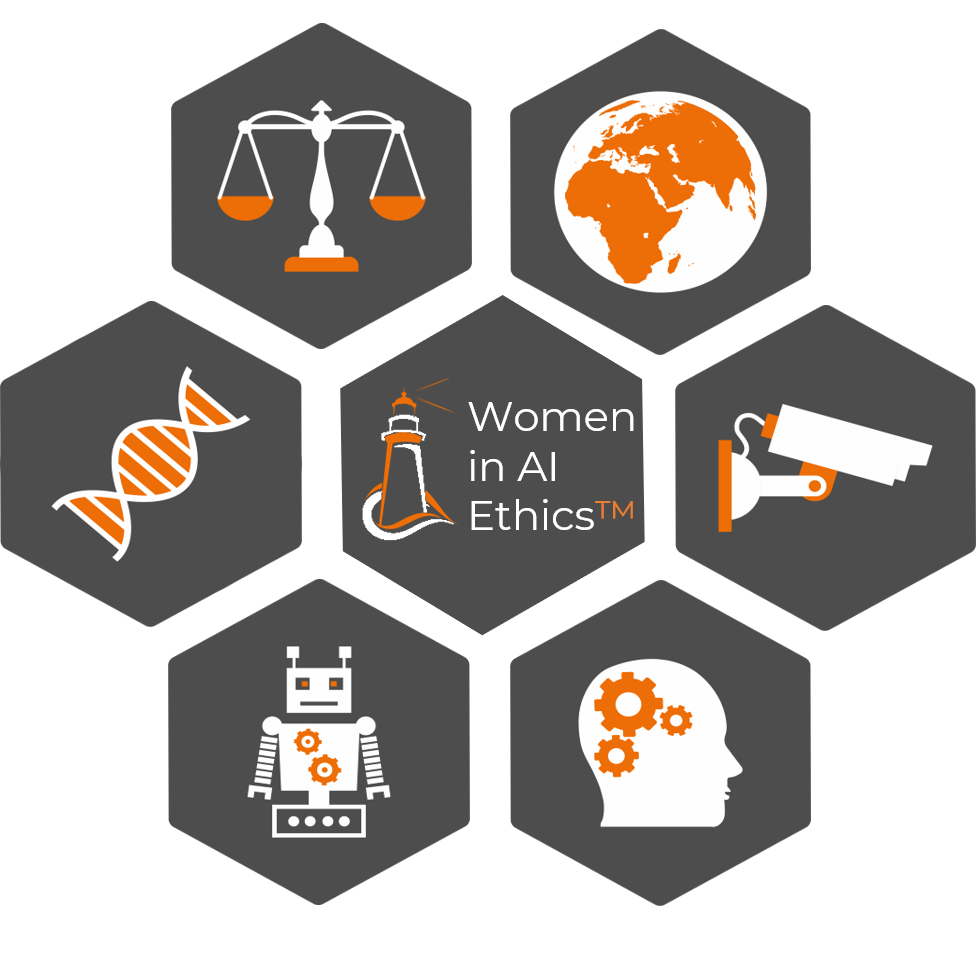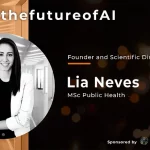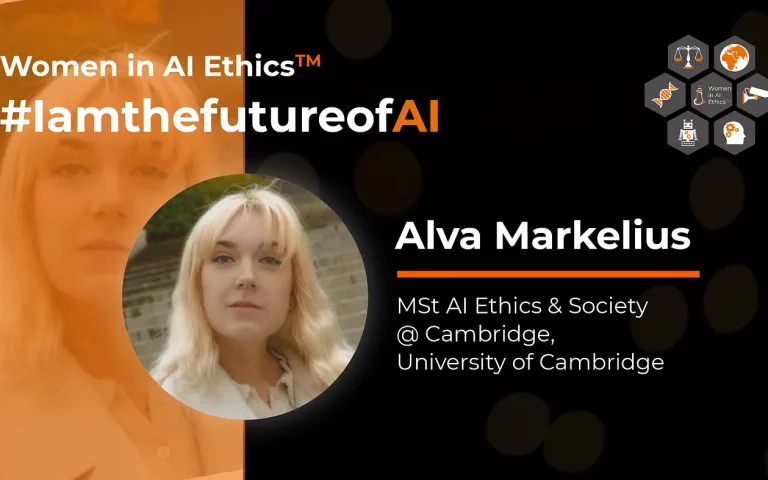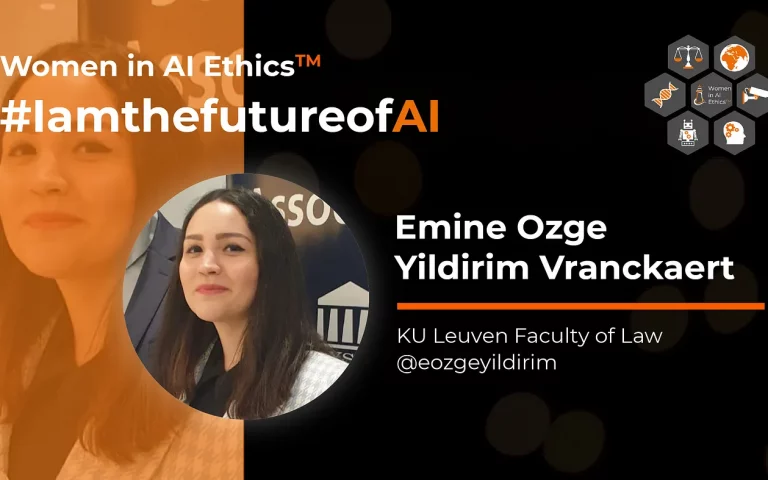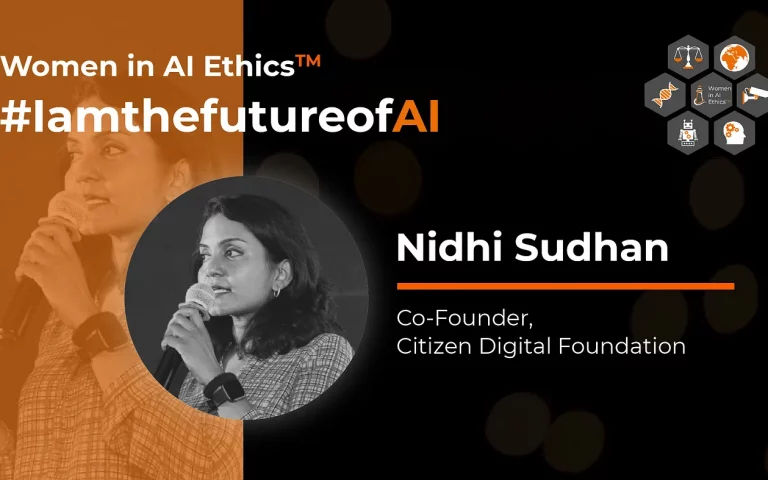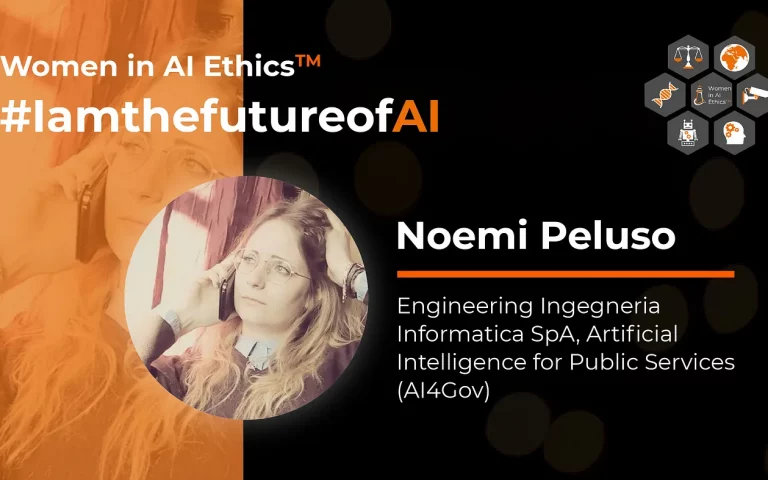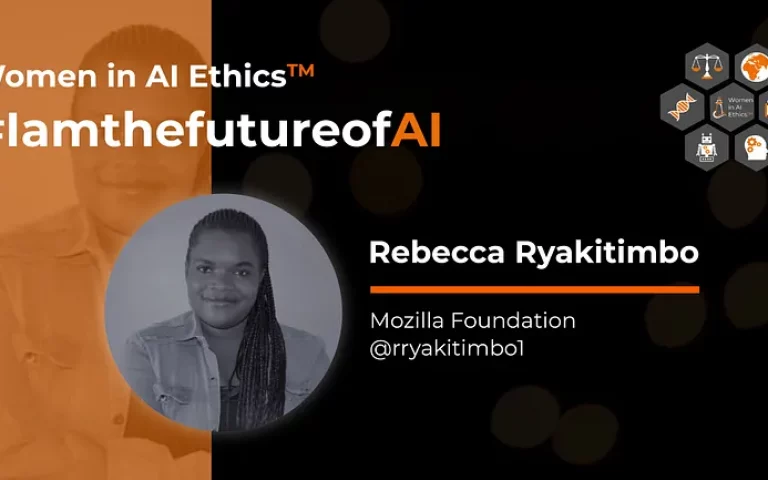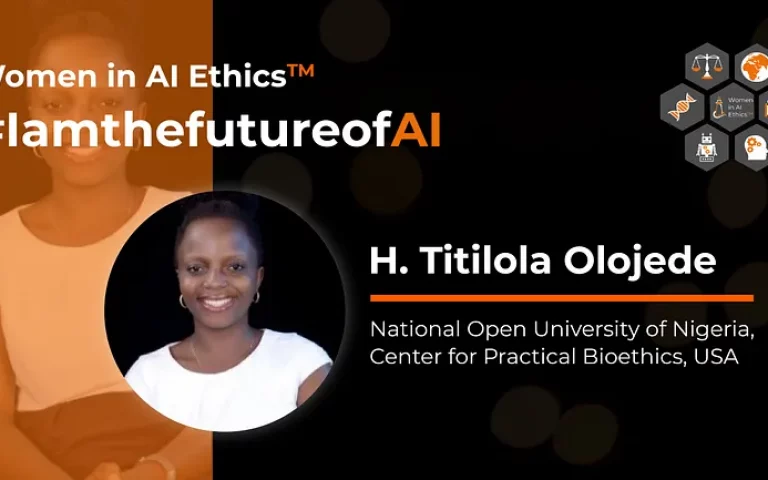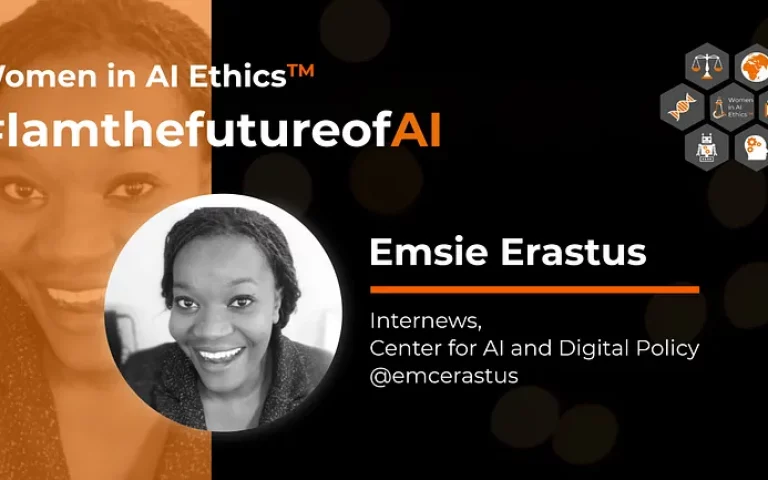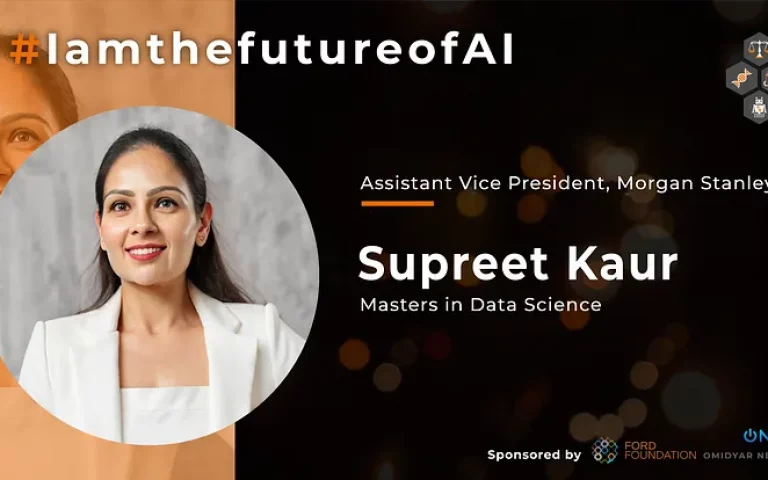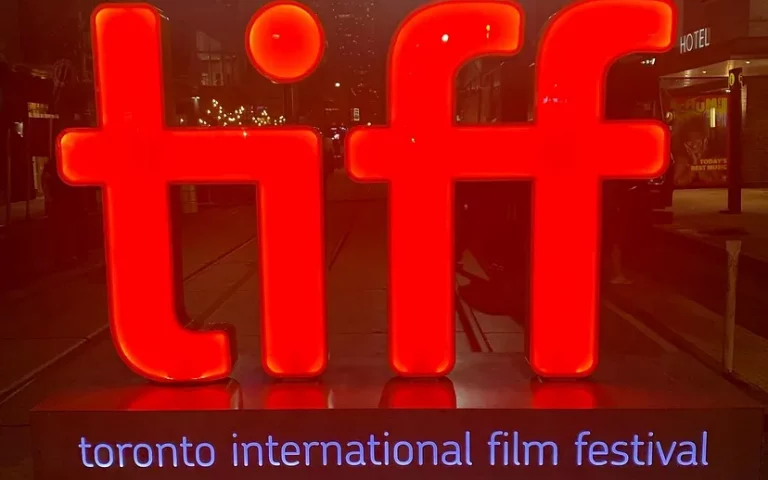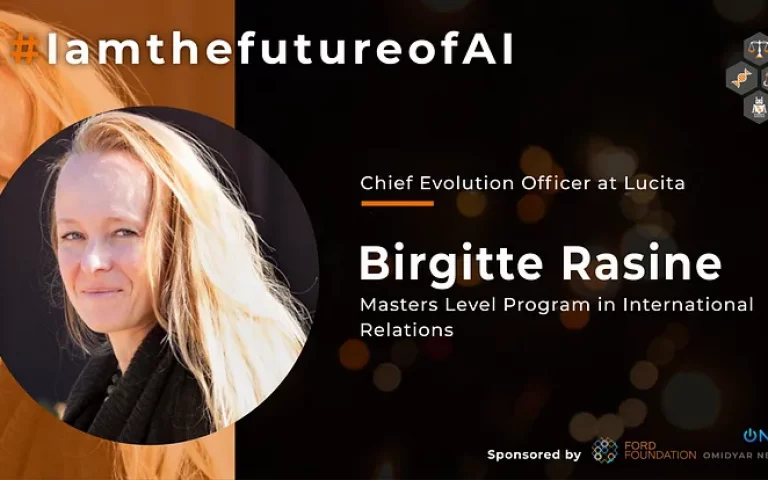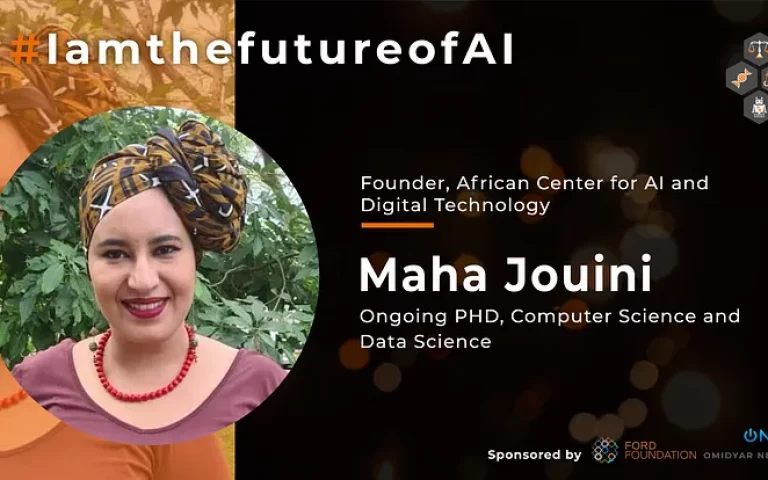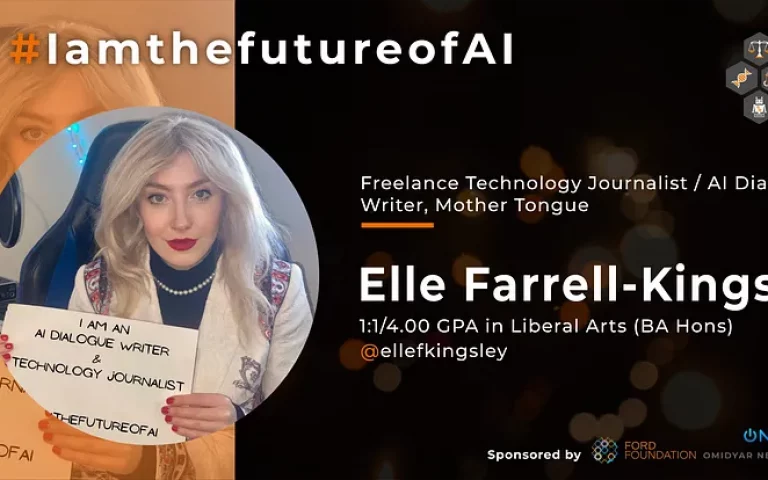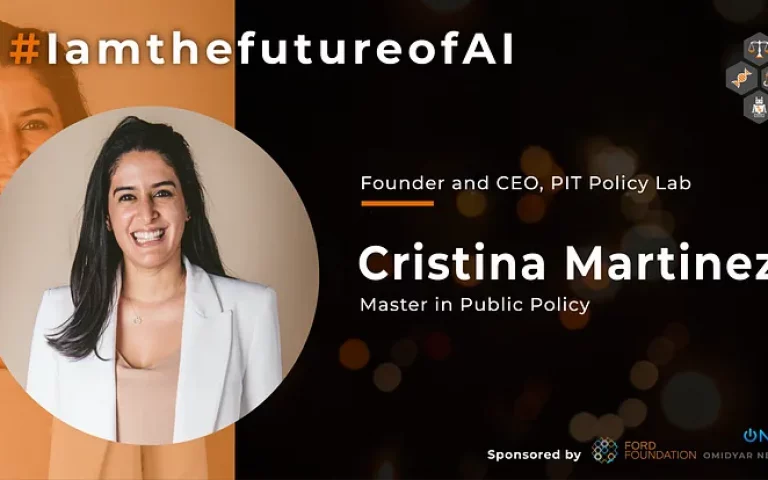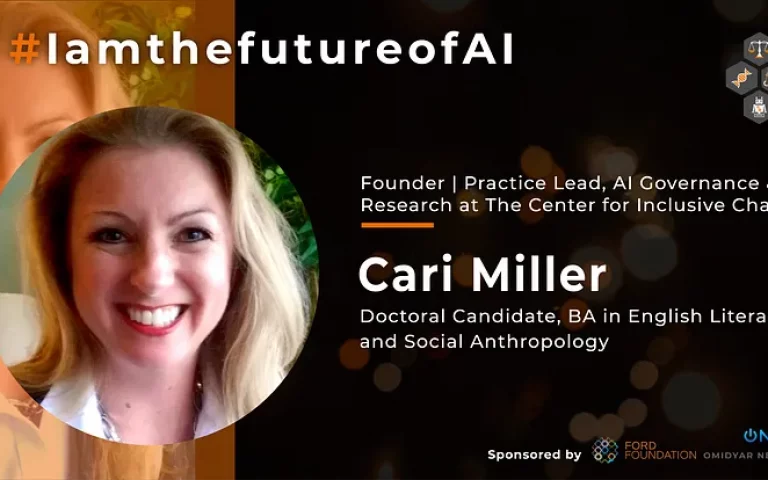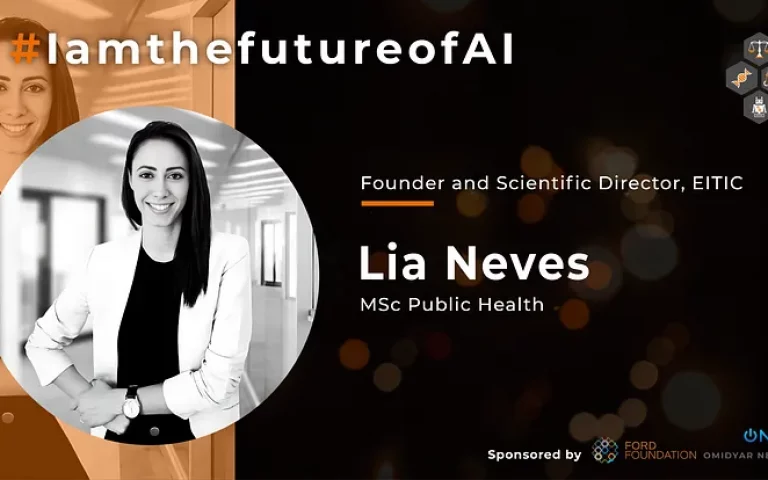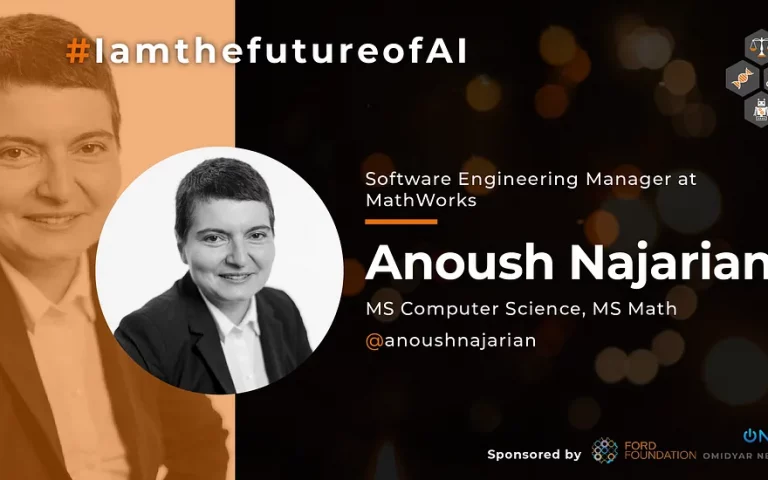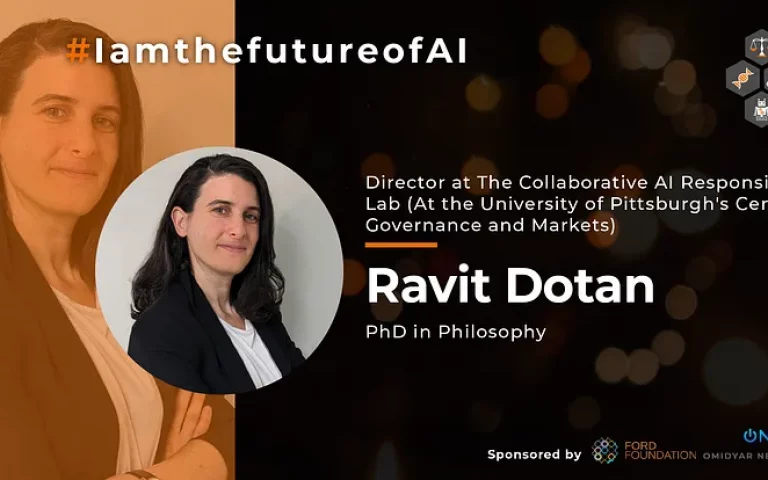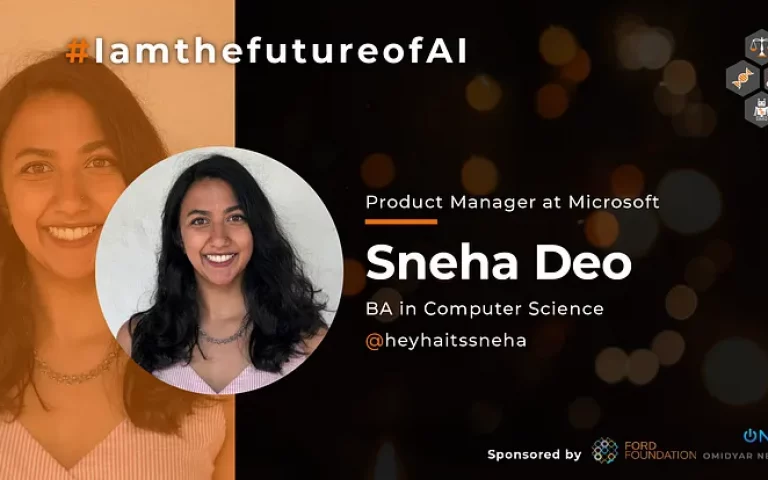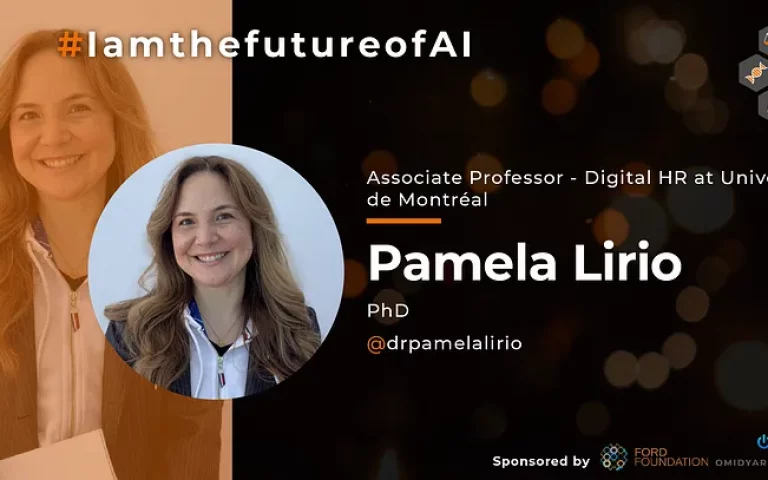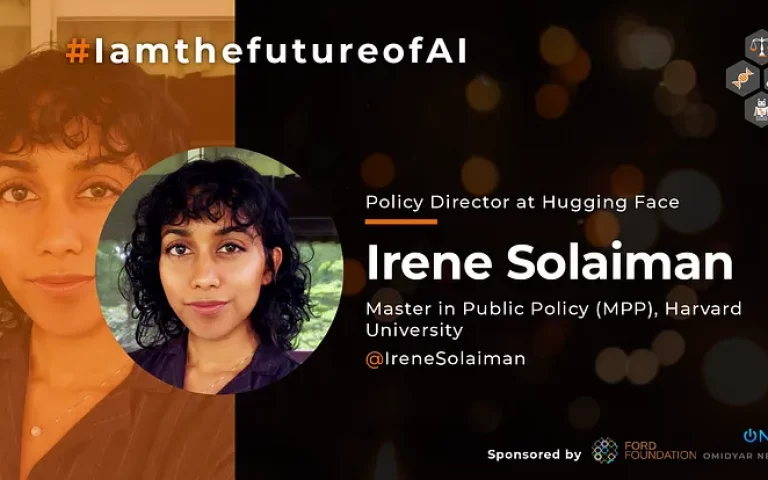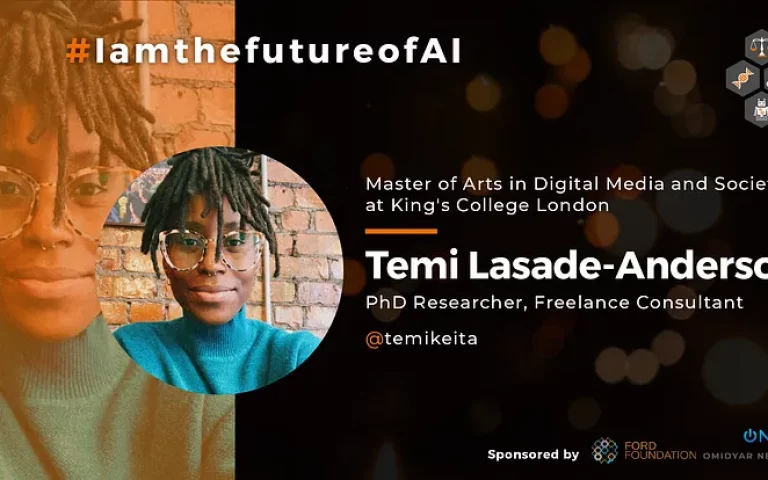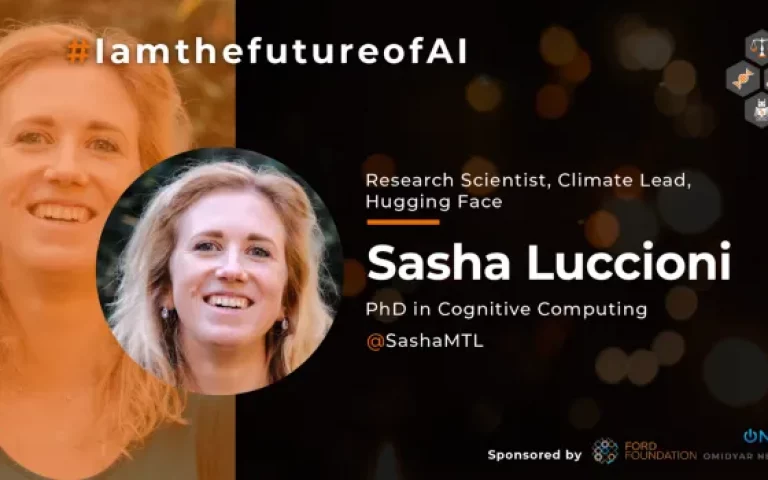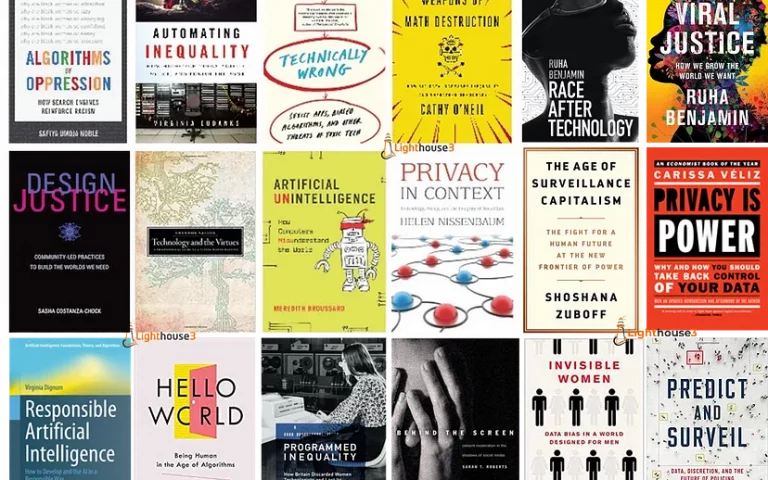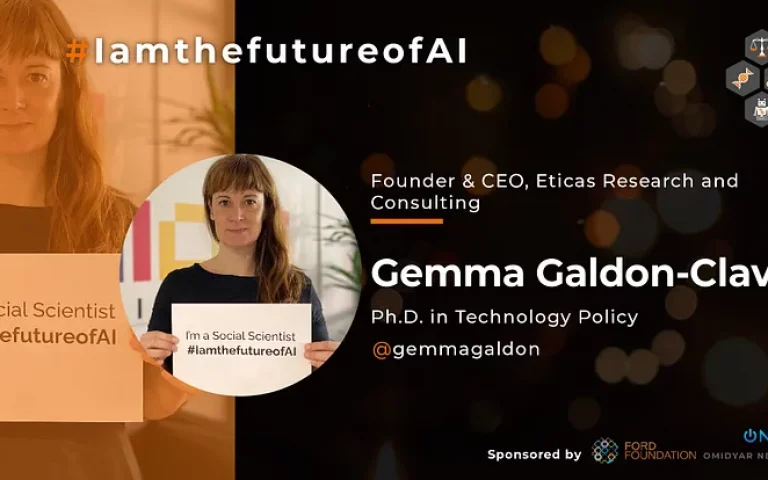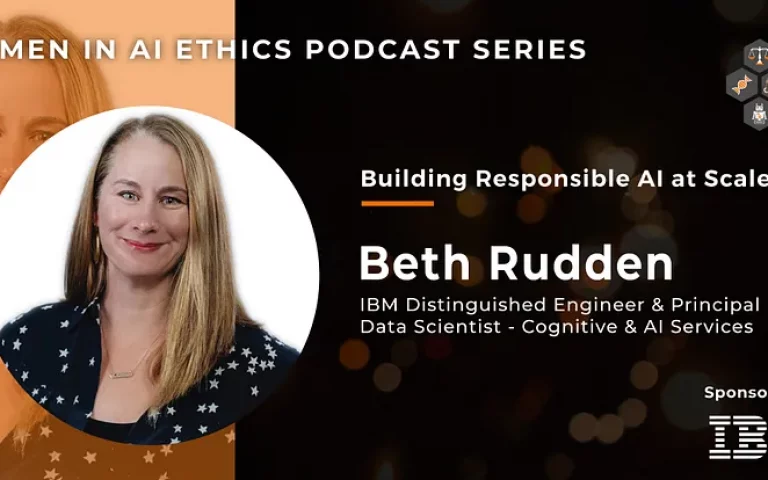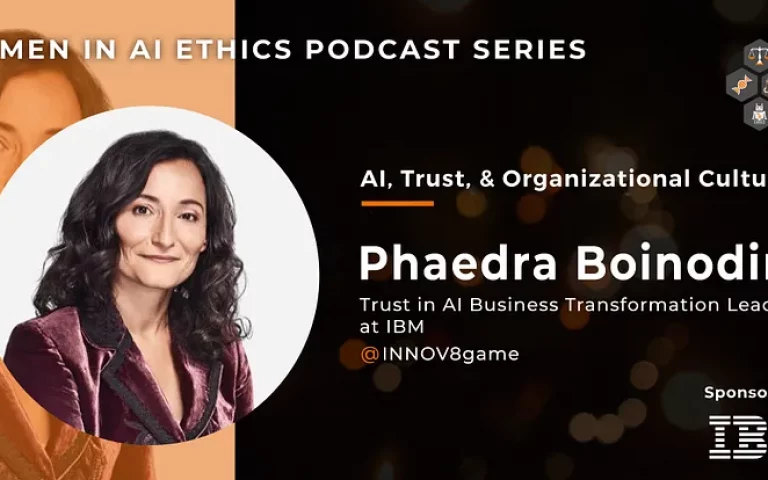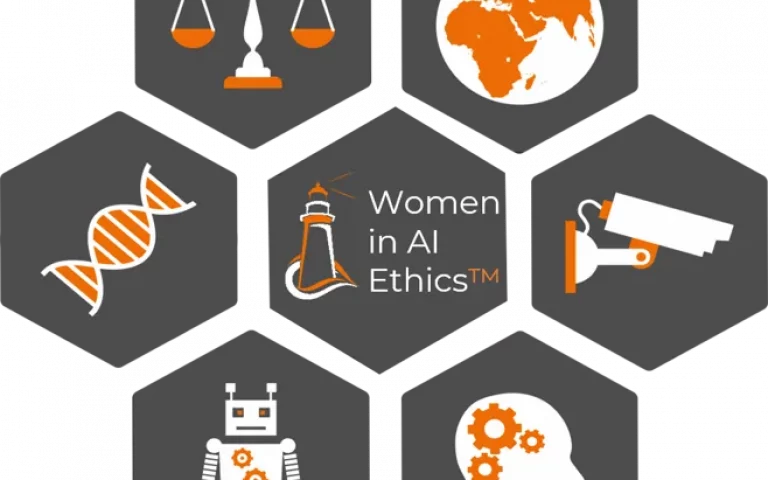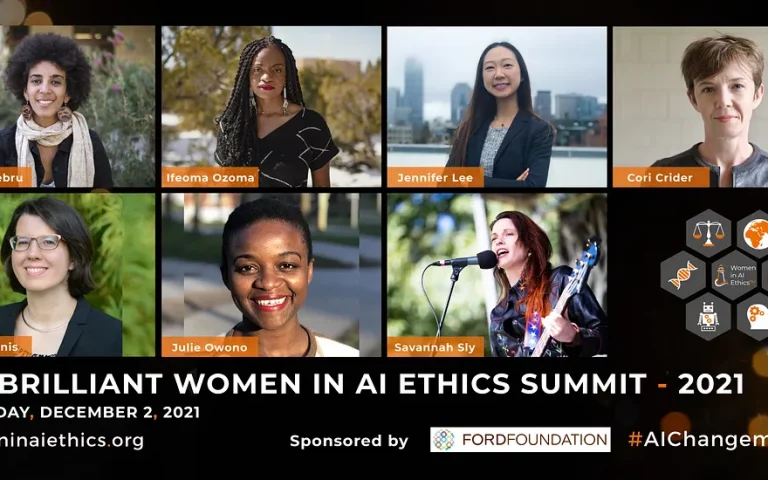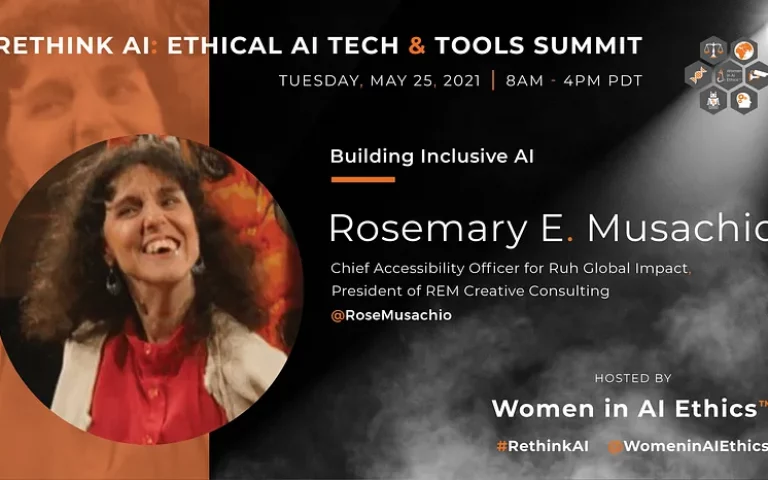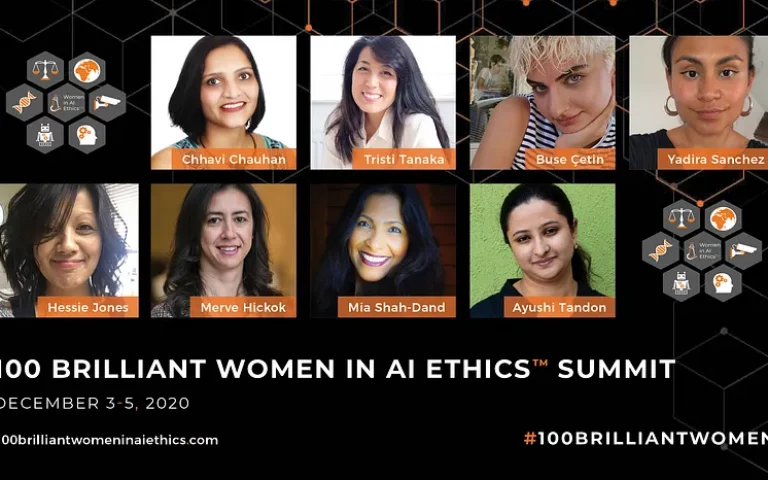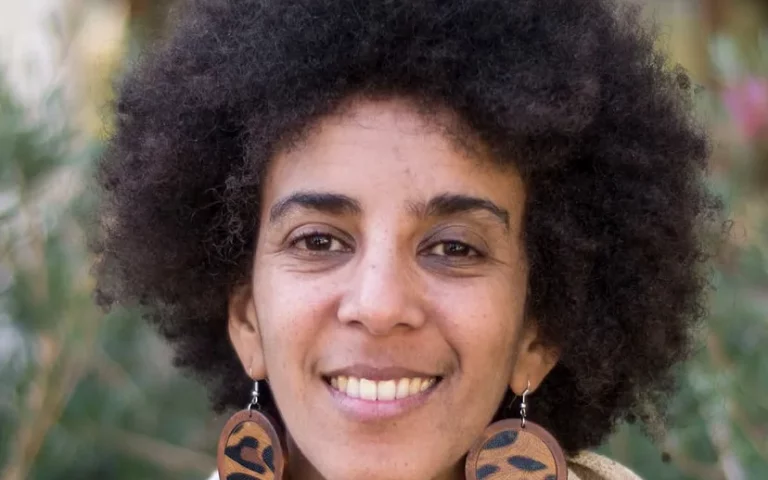Throughout Gry Hasselbalch’s career, she’s had constant challenges thrown at her but she pushed on. In the AI space and beyond. Learn how Gry is making a difference in the AI space. Her journey is an inspiring one that we can all learn from. She shares her personal story of how she overcame obstacles, what drives her passion, and how she got started as Senior Key Expert on AI Ethics.
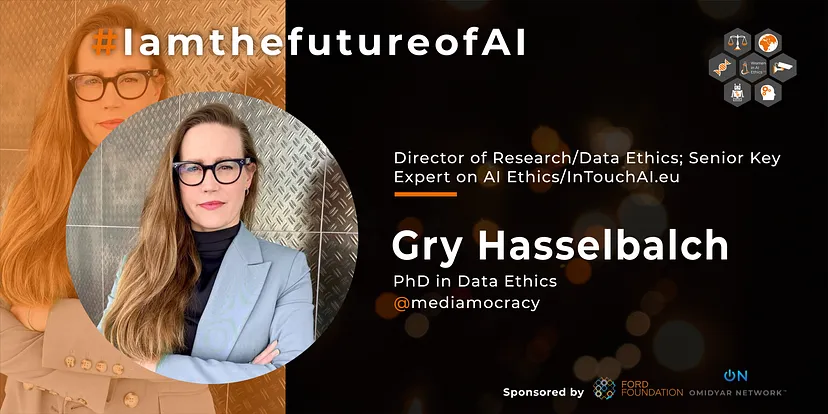
This interview is part of Women in AI Ethics (WAIE)’s “I am the future of AI” campaign launched with support from the Ford Foundation and Omidyar Network to showcase multidisciplinary talent in this space by featuring career journeys and work of women as well as non-binary folks from diverse backgrounds building the future of AI. By raising awareness about the different pathways into AI and making it more accessible, this campaign aspires to inspire participation from historically underrepresented groups for a more equitable and ethical tech future.
Can you share an incident that inspired you to join this space?
Early in my career, I was advised to not attend meetings together with male colleagues as I would be mistaken as their assistant. This was actually very sound advice. I can’t count the times that I’ve been mistaken for an assistant or ignored when standing next to a male peer since then. And trust me the path of the all-female-founded think tank DataEthics.eu has been rocky for very similar reasons.
How did you land your current role?
In the early 2000s, I worked with youth online empowerment and protection. However, after 10 years I realised that awareness and education couldn’t solve the core problems of the digital infrastructure. I started exploring a growing technology and business movement based on alternative data ethical design. Together with three other women, I founded the think tank DataEthics in 2015. In 2018 I was appointed as a member of the EU High Level Expert Group on AI that published the EU’s AI ethics guidelines in 2019 contributing directly to the AI Act. Meanwhile, I wrote a PhD at the University of Copenhagen. Today I am the Research Lead and Senior Key Expert in the EU’s International Outreach for a Human-Centric Approach to Artificial Intelligence initiative (InTouchAI.eu).
What kind of issues in AI do you tackle in your day-to-day work?
In my work for DataEthics.eu we tackle everything from privacy and surveillance and data asymmetries to AI challenges to human rights. In my work as a scholar and author, I aim to make the power dynamics of AI and data visible and advocate a humanist approach to AI and big data. As an advisor for the EU, I work with the EU’s human-centric approach to AI supporting the European Commission in setting up a global framework for ethics and trust to enable the growth of AI that is in accordance with EU values, e.g. democratic values and fundamental rights.
If you have a non-traditional or non-technical background, what barriers did you encounter and how did you overcome them?
My original university degree was in Nordic philology (language and literature) and I define myself as a “humanist”. However, this has actually always been my strength. In all the technology hype (from data to AI) the humanistic perspective let me see things differently and look for solutions fit for humans (that are not necessarily “tech solutions”). I have been able to work towards more open-ended structures and dynamics, which is fundamentally what a humanist perspective brings to the tech debate. Of course, particularly in the early 2000s all there was room for in this space was the predominantly white male tech solutions. So the battle was not always easy. Today it’s much easier to have a humanist perspective.
Why is more diversity — gender, race, orientation, socio-economic background, other — in the AI ethics space important?
More diversity means diversity of human experiences and reflection. It means a different kind of cultural space where multiple experiences may feel “at home” and which is therefore also open to different kinds of imaginations about what kind of future we want to create. This essentially leads to the creation of alternative and different socio-technical realities. By this I mean not only different modes of technology design and innovation but also different modes of tackling the risks and implications, different politics, and modes of governance.
What is your advice to those from non-traditional backgrounds who want to do meaningful work in this space on how to overcome barriers like tech bro culture, lack of ethical funding/opportunities, etc.?
Get in touch with like-minded people and ask for help. If you ever get in a powerful position, don’t forget where you once were, and remember to reach out and support those who are not. Don’t ever be lured into thinking that compassion and kindness is a weakness. It always prevails.
Gry Hasselbalch works as an independent academic senior researcher in various key and lead positions. She holds a Ph.D from the University of Copenhagen in data ethics and power and is co-founder of the thinkdotank DataEthics.eu. Gry has for nearly two decades collaborated with intergovernmental bodies and institutions and civil society organisations on responsible technology development and data and power. As a member of the European Commission’s High-Level Expert Group on AI (2018–2020) she participated in developing Europe’s ethics guidelines for Trustworthy AI and policy and investment recommendations for the European Union’s AI strategy. She also works as an ethics reviewer for the European Research Council and the Horizon2020 of major EC funded projects concerning emerging technologies, robotics, and AI. In 2018, she was a member of the first national expert committee instituted to make data ethics recommendations for the Danish government. The influential book Data Ethics — The New Competitive Advantage (2016) that she wrote together with Pernille Tranberg was a groundbreaking trend analysis of data ethics in business development. Her forthcoming book (2021) Data Ethics of Power — A Human Approach in the Big Data and AI Era will be published with Edward Elgar Publishing. Gry previously worked for 10 years in the global internet governance community in the pan-European child online protection and empowerment network, Insafe. In this connection, she in 2014 established the Global Privacy as Innovation Network.
Connect with her on Twitter @mediamocracy and on LinkedIn.
